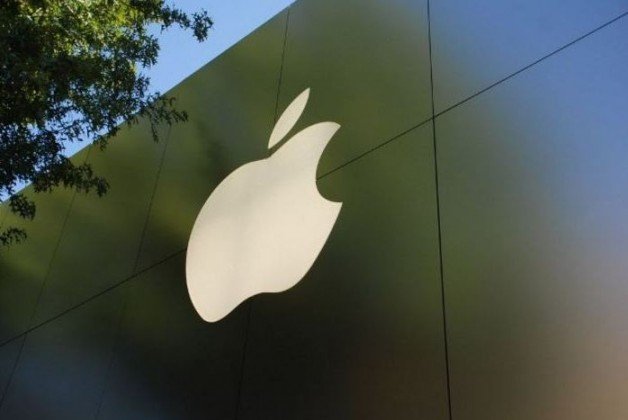iPhone maker Apple has acquired Longmont, Colorado-based Akonia Holographics, a start-up focused on making lenses for augmented reality glasses.

The latest acquisition signals that Apple has ambitions to make a wearable device that would superimpose digital information on the real world, Reuters reported.
Research firm IDC forecasts that the AR and VR headset market will grow 6 percent to 8.9 million units in 2018 and will be reaching 65.9 million units by 2022. Shipments of AR and VR headset fell 30.5 percent to 1.2 million units in the first quarter of 2018.
“Apple buys smaller companies from time to time, and we generally don’t discuss our purpose or plans,” the iPhone maker said in a statement.
Akonia, founded in 2012 by a group of holography scientists, had originally focused on holographic data storage before shifting its efforts to creating displays for augmented reality glasses.
Akonia said its display technology allows for transparent smart glass lenses that display full-color, wide field-of-view images. The firm has a portfolio of more than 200 patents related to holographic systems and materials, according to its website.
Akonia also said it raised $11.6 million in seed funding in 2012 and was seeking additional funding. Apple did not disclose financial details of the acquisition.
Apple has purchased smaller technology companies in the recent past. In 2013, Apple acquired a small Israeli firm called PrimeSense that made three-dimensional sensors. The iPhone X, launched last year, used a similar sensor to power facial recognition features.
Bloomberg last year reported that Apple was developing augmented reality glasses that could ship as early as 2020.
Apple last year launched augmented reality applications for its iPhones and iPads, and CEO Tim Cook has called augmented reality a “big and profound” technology development.
“This is one of those huge things that we’ll look back at and marvel on the start of it,” Cook said of augmented reality on a conference call with investors last year.
The acquisition of Akonia is the first indication of how Apple might handle one of the most daunting challenges in augmented reality hardware: Producing crystal clear optical displays thin and light enough to fit into glasses similar to everyday frames with images bright enough for outdoor use and suited to mass manufacturing at a relatively low price, Reuters reported.
Augmented reality headsets currently on the market such as Microsoft’s HoloLense and start-up Magic Leap’s Magic Leap One both use darkened lenses and are intended for indoor use – targeting software developers testing the technology.
A latest IDC report said advanced headsets such as Microsoft’s Hololens and Magic Leap’s One will help drive adoption of AR headsets in the commercial and consumer markets in the coming years.





